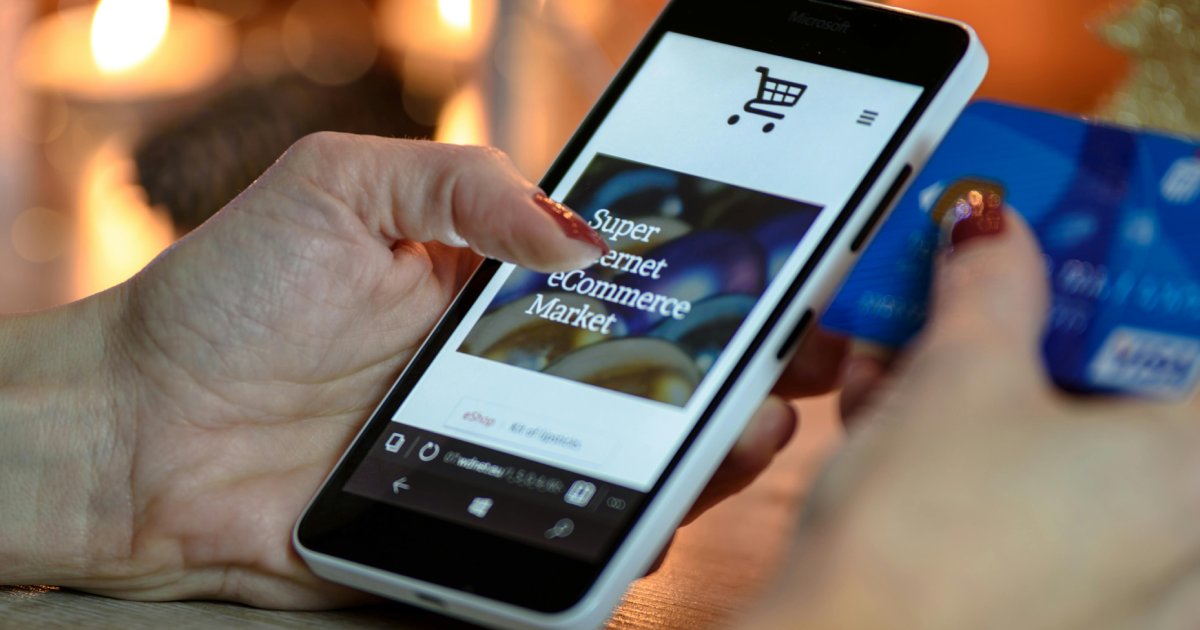Will TikTok’s Marketing Clout Transfer to eCommerce?

TikTok Shop is the most recent entrant in the eCommerce race.
A social media platform focused on short-form video content that’s owned by ByteDance, TikTok has become a key marketing platform for licensed brands. But whether that will translate to eCommerce remains to be seen, especially since several notable social media eCommerce projects have already been scrapped.
Instagram shut down its livestream tagging and shopping product in March and also dropped the shopping tab from its navigation bar. Facebook ended live shopping in November 2022. And TikTok itself piloted a shopping experience with Shopify in 2021 before reversing course and starting to test its own platform in November 2022. TikTok Shop was formally introduced in September, offering influencers an opportunity to sell goods and setting up a marketplace.
Despite these previous disappointments, many believe the opportunity with TikTok Shop is sizeable given that TikTok has more than 150 million monthly active users in the U.S. and 1.1 billion users globally.
TikTok reports that its shop has attracted more than 200,000 sellers so far, including fast fashion retailer Zara, which is offering a curated assortment of men’s, women’s, and children’s apparel. And others are expected to join as more companies develop strategies for the platform. Among the potential sellers on TikTok Shop is internet-first animation studio Invisible Universe, which recently signed a licensing agreement for hot sauce with Jade City Foods for its Ember character and has developed six other characters, including those with Serena Williams (Qai Qai) and the D’Amelio Family (Squeaky & Roy).
“TikTok shop provides an opportunity for brands and retailers to reach their consumers where they are spending most of their time, social media,” Invisible Universe CEO Tricia Biggio said. “The shop-able links are seamlessly added to TikTok videos, and allows the content to speak for itself without feeling like a ‘cash grab’ to the audience.”
Until now, brand owners have largely focused on TikTok for marketing purposes, MGA Entertainment CEO Isaac Larian said. For example, when MGA launched the Little Tikes Story Dream Machine projector last summer with three licensed Golden Book titles, the company partnered with TikTok influencers to drive marketing. According to Larian, that exposure had a significant effect on sell-through rates, including initial sales at Walmart. Efforts around the launch continue to grow, with the Story Dream Machine recently adding Sesame Street to its roster.
And while seeing trusted influencers promoting a product may encourage purchases, being able to buy directly through social media platforms like TikTok will only increase in importance as more consumers become comfortable not just shopping online, but shopping on their phones.
While eCommerce currently accounts for nearly 20% of retail sales, it is expected to increase to as much as 30-40% in the next few years, said Kenneth Wong, Managing Director at investment boutique Oppenheimer & Co.
The appeal of TikTok Shop is clear given that nearly half of respondents ages 18-29 years old said they plan to buy some holiday gifts through a social media app, according to a survey conducted by Shopify and Gallup. And 86% of Gen Z shoppers 16-29 years old said their shopping habits have been influenced by social media.
“Offline retail isn’t completely going away but from a consumer and user perspective, whether it’s on your phone, tablet, or PC device, I think we are finding that more and more consumers are purchasing off the couch than in store,” Wong said.
One major barrier to TikTok Shop’s further expansion may have nothing to do with eCommerce adoption, however. The social media platform faces a potential ban from U.S. officials who have grown concerned that it gives the Chinese government too much access to user data. The FBI and U.S. Department of Justice started an investigation into TikTok last March, following allegations that the platform was used to spy on American journalists. And that probe wasn’t the first time a TikTok ban has been threatened. The administration of President Trump sought to use its emergency powers to block the app in 2020. And Montana Governor Greg Gianforte signed a bill earlier this year banning TikTok effective January 2024, making it the first state to do so.
To allay these concerns, TikTok proposed Project Texas to move all user data to the U.S. Moving forward, the platform’s ability to continue to expand in the U.S. will likely affect the way many brand owners incorporate TikTok Shop into their retail strategies.




